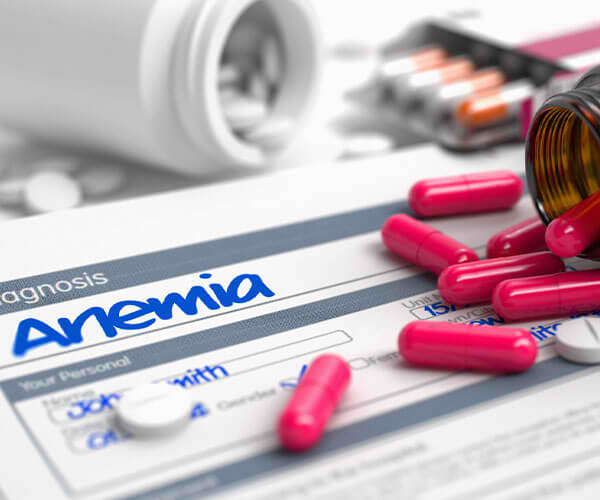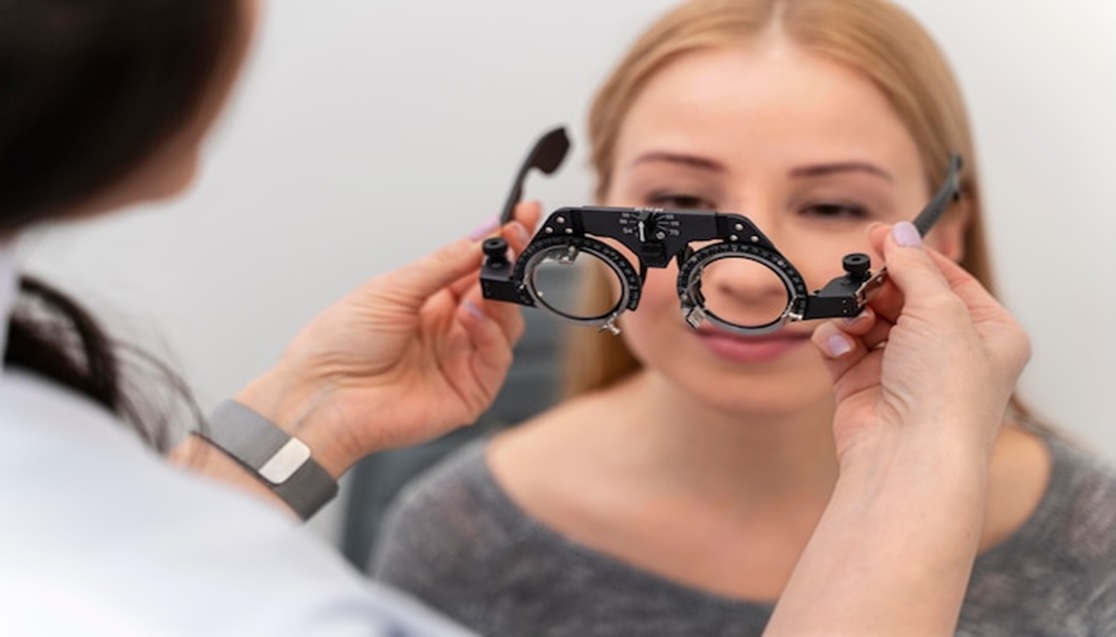Dental emergencies can occur anytime. From a chipped tooth to a severe toothache, dental emergencies can disrupt your daily life and require immediate attention. While it is impossible to predict when a dental emergency will occur, there are steps you can take to prevent them from happening and manage them when they do.
It will be necessary for you to know some valuable tips and advice for preventing and managing dental emergencies. These tips can avoid unnecessary pain and discomfort and protect your dental health. You can also contact a family dentist in Springfield for professional advice on handling dental emergencies.
- Practice good oral hygiene.
Brushing your teeth twice daily and flossing at least once daily can help prevent issues like cavities and gum disease that can lead to dental emergencies. Additionally, using mouthwash and regularly visiting your dentist for check-ups and cleanings can help catch and prevent dental problems early on. Good oral hygiene practices are vital to maintaining a healthy smile and avoiding the need for emergency dental treatments.
- Avoid hard foods
Hard foods like ice, popcorn kernels, and hard candy can easily chip or crack your teeth. Be mindful of the foods you eat and avoid biting down on complex objects, as they can cause significant damage to your teeth. Taking care of your teeth by avoiding hard foods can help prevent dental emergencies and keep your smile healthy.
- Wear a mouthguard
Wearing a mouthguard prevents dental emergencies while playing sports or participating in other physical activities. A properly fitted mouthguard can protect your teeth and mouth from injuries caused by impacts or collisions.
Dentists recommend customized mouthguards as they provide the best fit and protection. Wearing a mouthguard can prevent costly dental treatments and help you avoid painful dental emergencies, making it essential for anyone participating in sports or high-risk activities.
- Avoid using your teeth as tools.
Using your teeth as tools can lead to dental emergencies such as chipped or broken teeth, which can be both painful and expensive. Teeth are designed for chewing food, not as tools for opening bottles, cracking nuts, or tearing open packages. Using your teeth for purposes other than eating can put unnecessary stress on them, increasing the risk of dental emergencies.
- Know what to do in a dental emergency.
Knowing what to do in a dental emergency can make all the difference in managing the situation and preventing further damage. If you experience a dental emergency such as a knocked-out tooth or severe toothache, contacting your dentist immediately is essential.
In the meantime, managing the pain or bleeding with over-the-counter painkillers or applying pressure can help alleviate discomfort. It is also crucial to avoid touching the affected area with your hands or tongue to prevent infection. Knowing what to do in a dental emergency can help you act quickly and prevent further damage.





